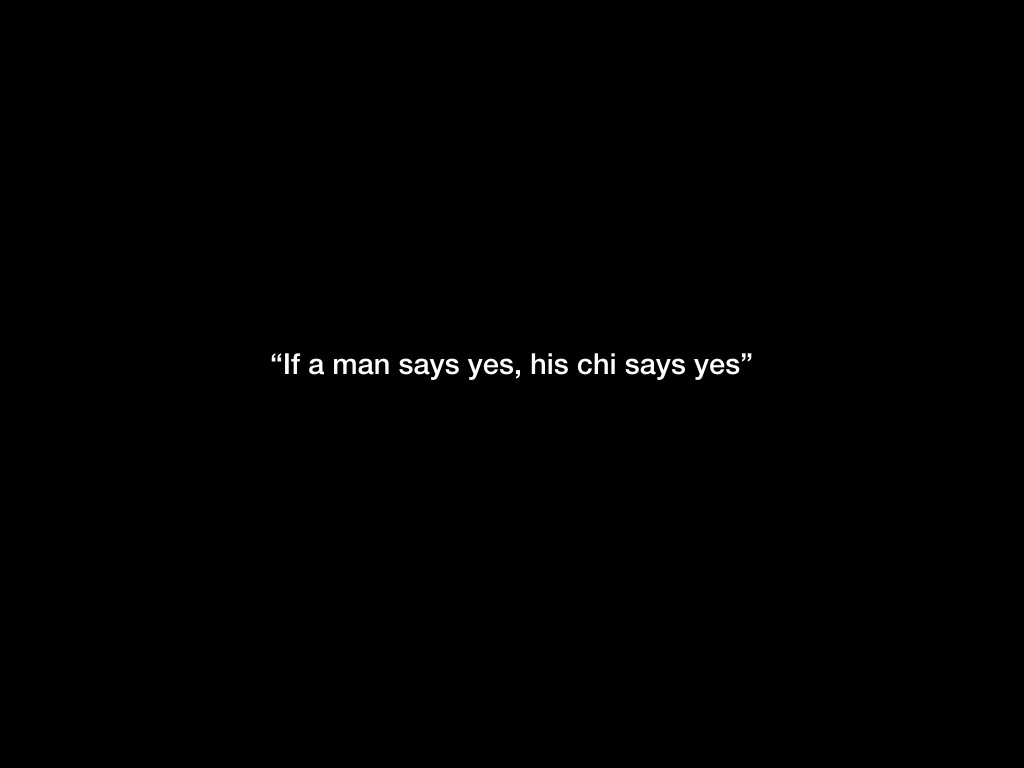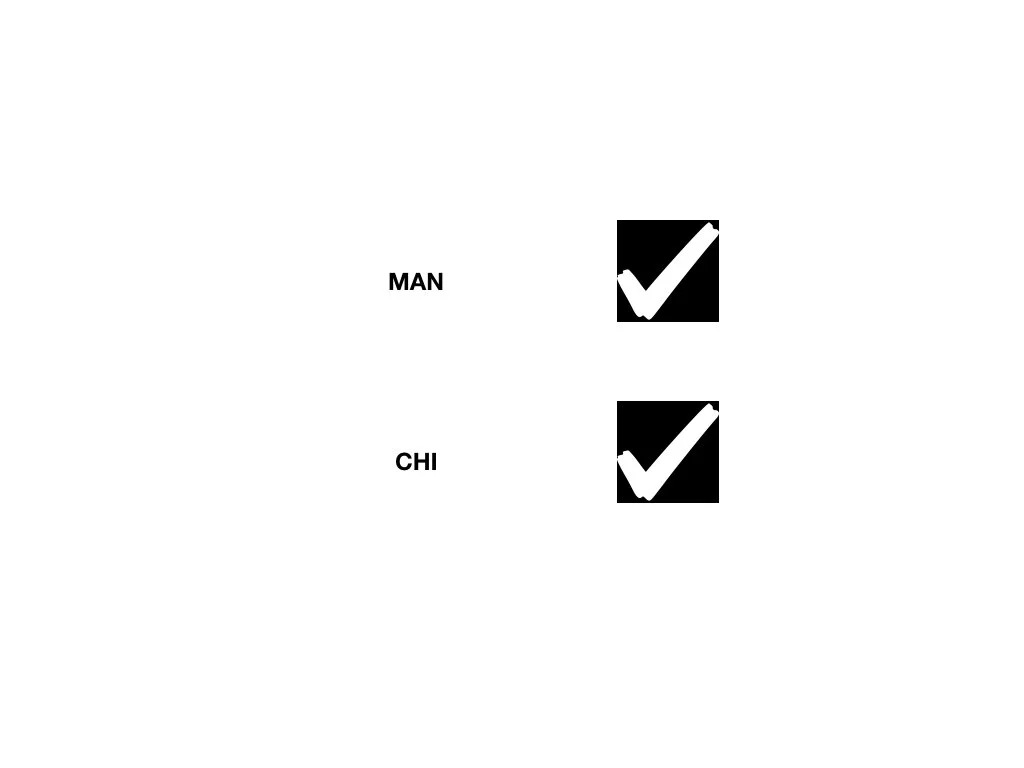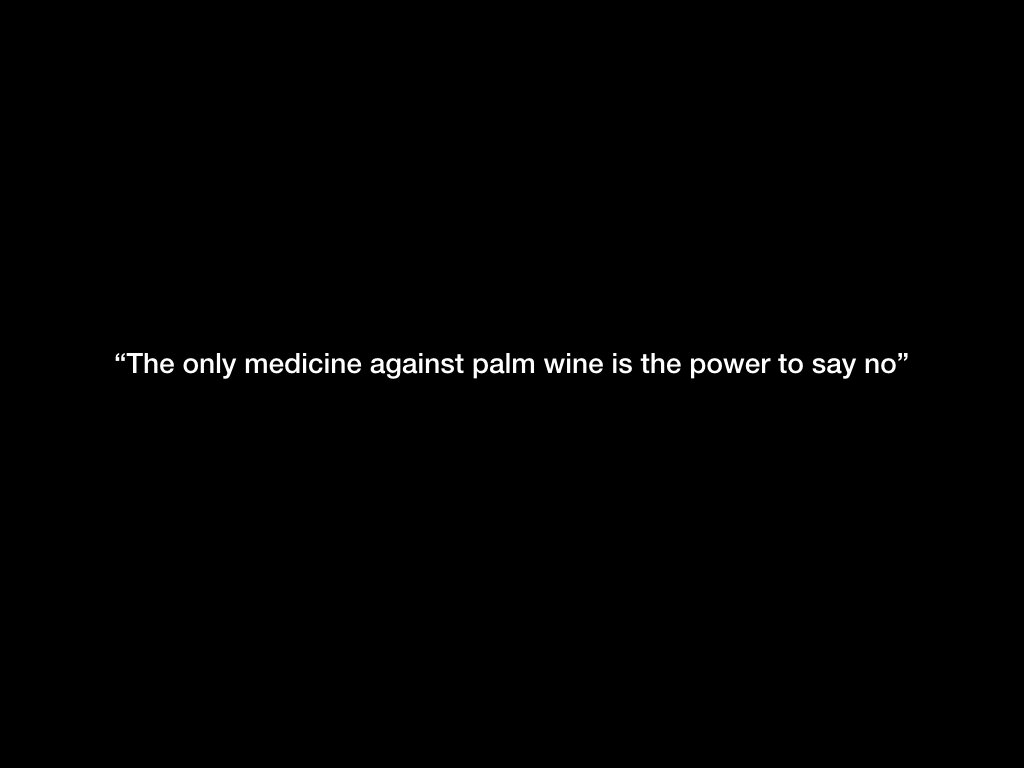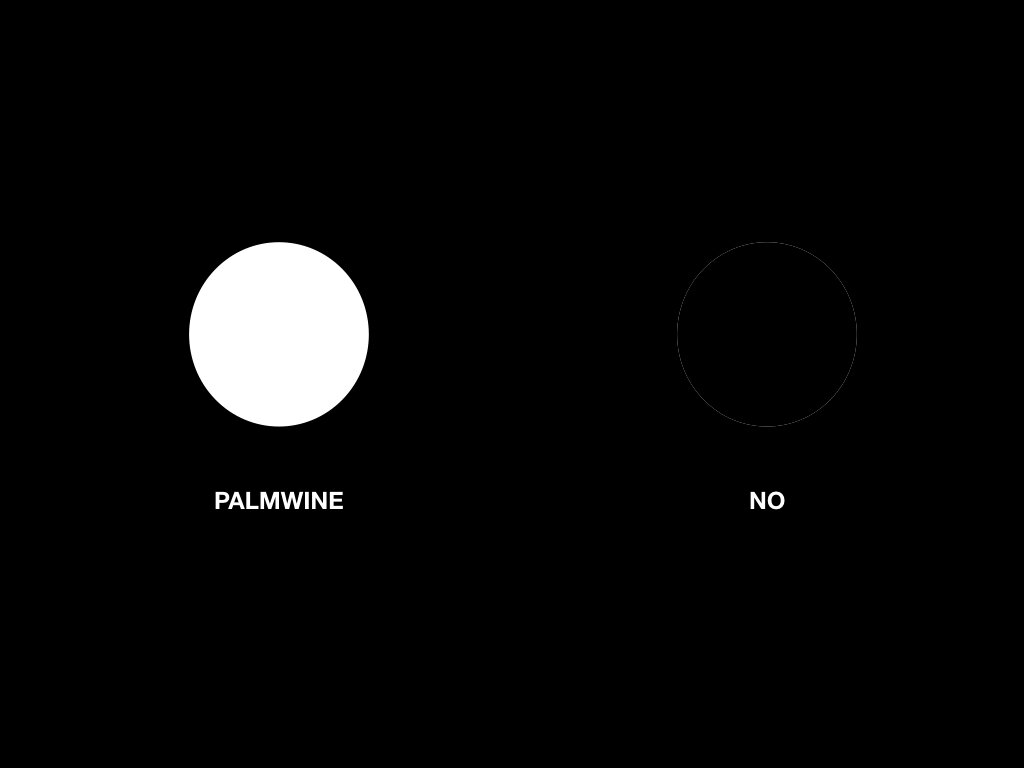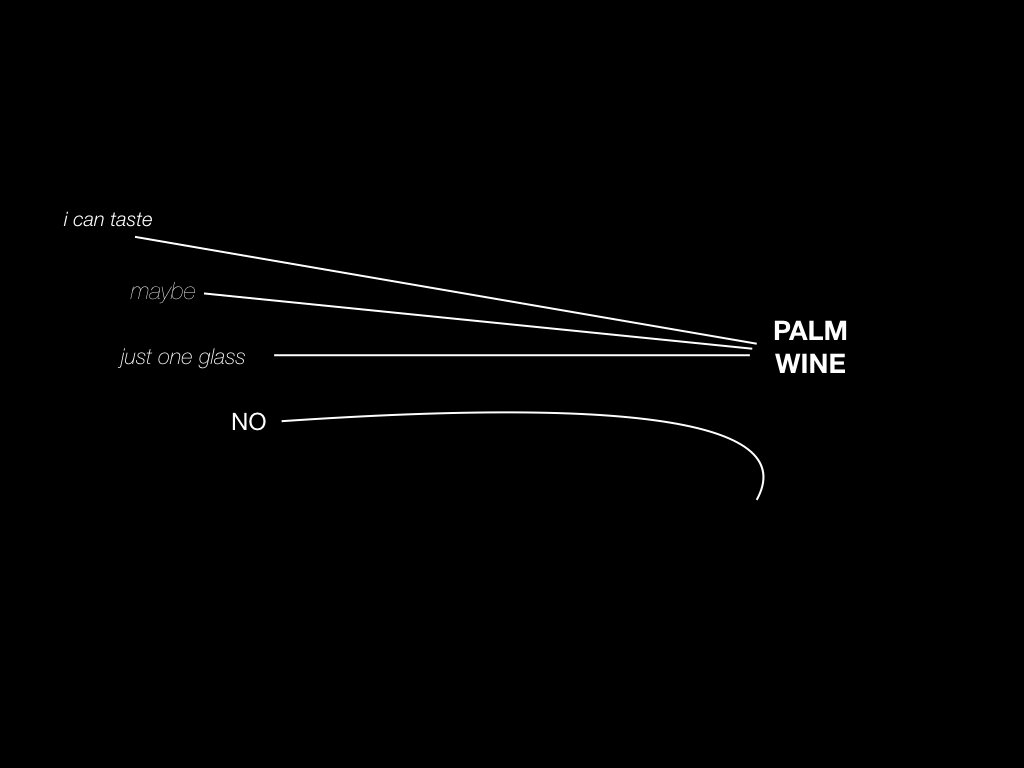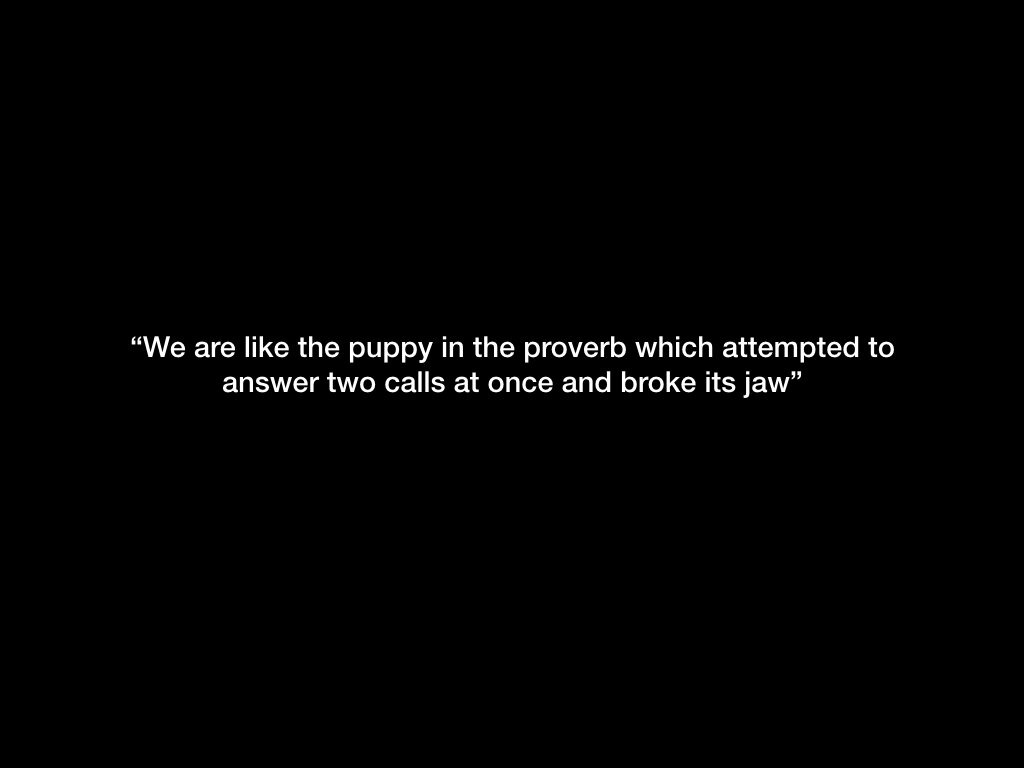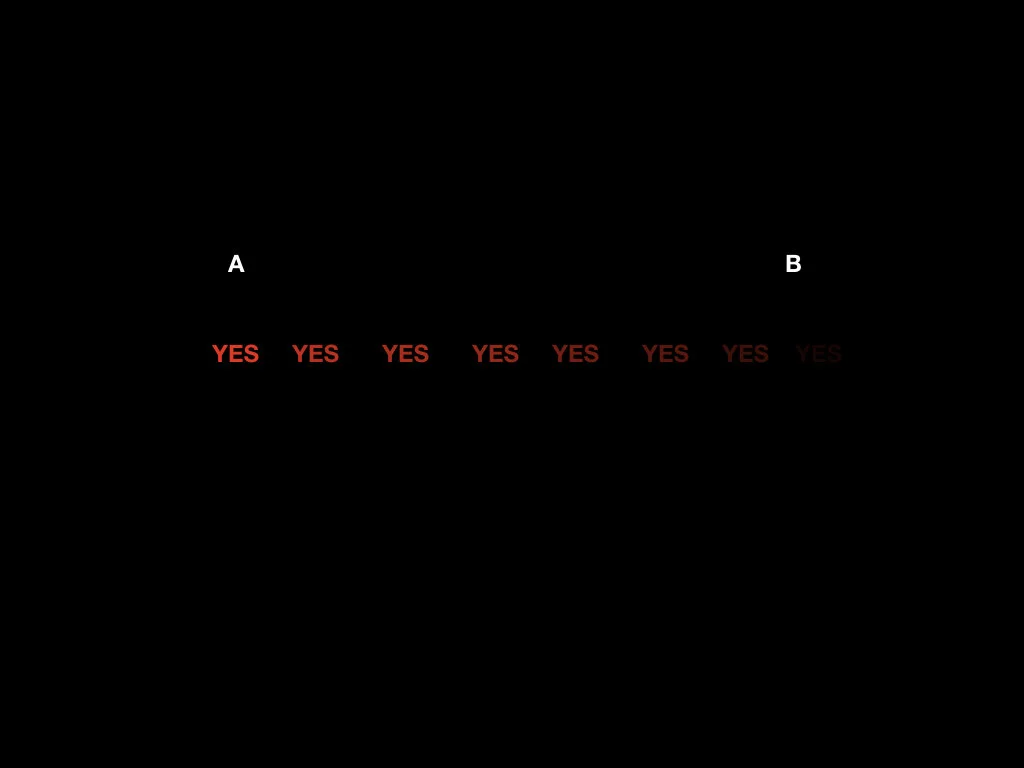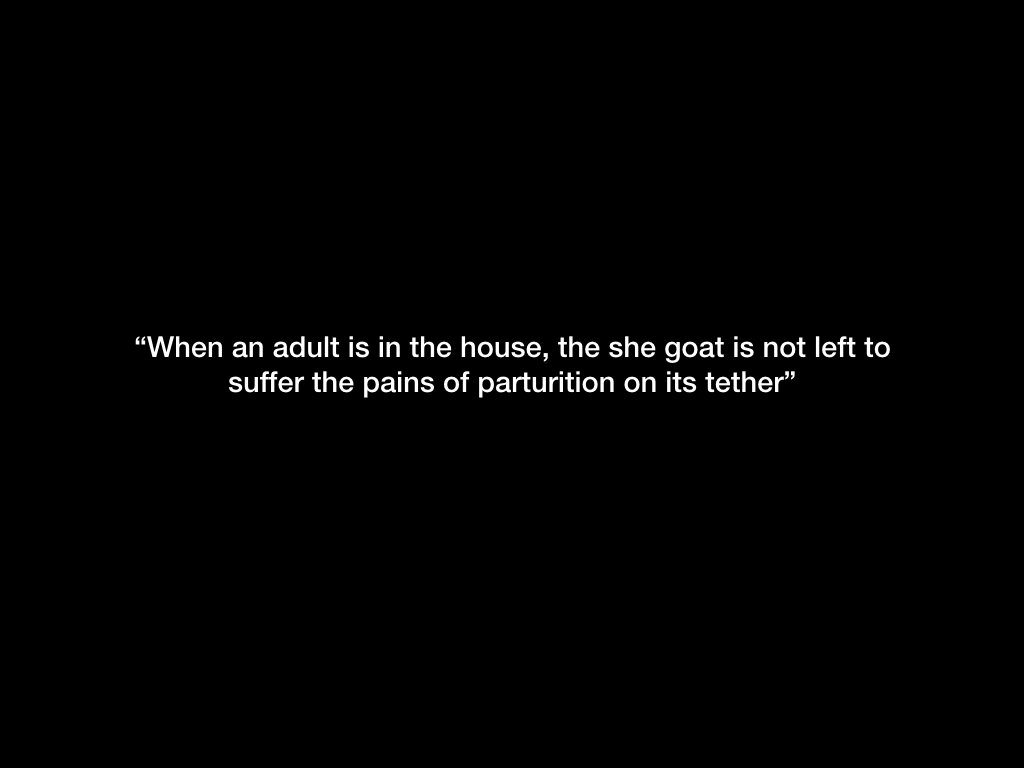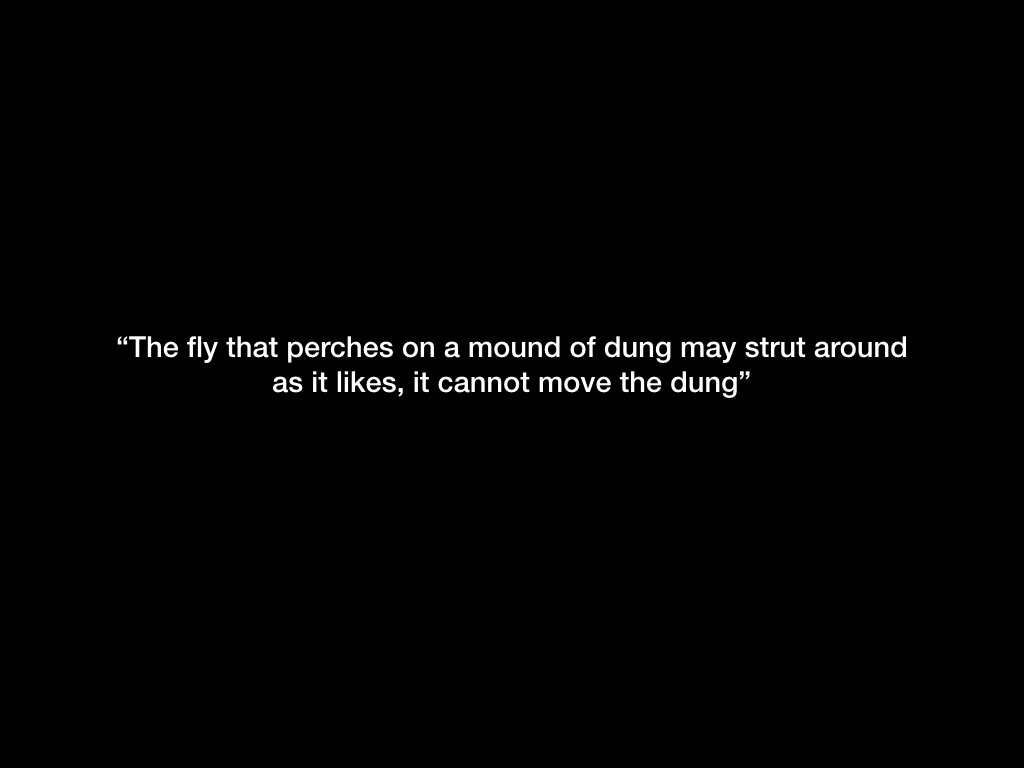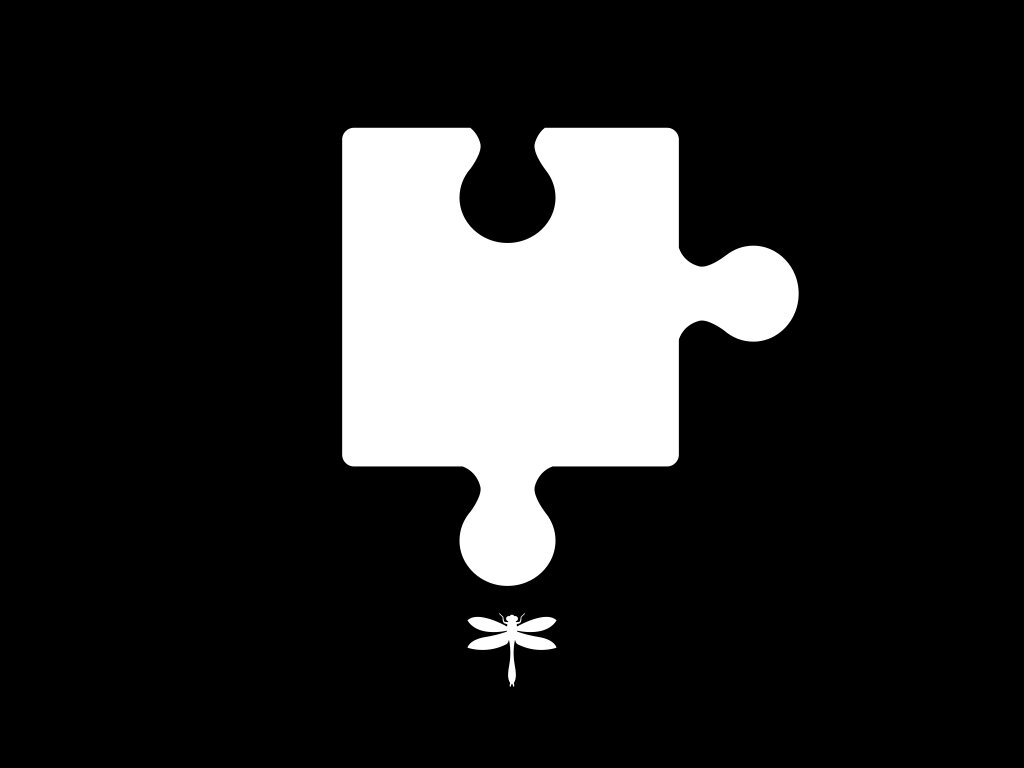The Palm Oil With Which Worlds Are Eaten
Capturing the nuances and scope of their project, Sheila Chukwulozie and Uzoma Chidumaga Orji share their words, thoughts, and images. They consider the power of what they call Linguistic Technology. Profoundly, they ask, “How can we combine the old words in new orders so that they survive? How can we use the technology of language to return to a time that has very different answers to the same timeless questions we always find ourselves asking as human beings. Questions like, Who do we love? or How do we love?”
There’s a brief, wondrous clip of Virginia Woolf talking in exactly the kind of tone you’d expect Virginia Woolf to have. Refined and romantic. Refined, because after all she is an upper class English woman with an education above many, if not most. Romantic, because she is pouring out buckets of adoration toward nothing more or less than words. “Buildings fall; even the earth perishes. What was yesterday a cornfield is today a bungalow. But words, if properly used, seem able to live forever,” says Woolf. She goes on and on about words living off the page and in the mind. She calls them democratic, immune to conversations about purity. To her, they are restless, wild and free:
“They hate being useful; they hate making money; they hate being lectured about in public. In short, they hate anything that stamps them with one meaning or confines them to one attitude, for it is their nature to change…Thus they mean one thing to one person, another thing to another person; they are unintelligible to one generation, plain as a pikestaff to the next. And it is because of this complexity that they survive… When words are pinned down, they fold their wings and die.”
According to the United Nations, every two weeks a language disappears. The Igbo language has been on that list of endangered languages for years. And if words are what Virgina Woolf has said they are, this is a big deal. This is as big as the logic of God being deleted from the ecosystem of people’s interactions. For us, the work of Chinua Achebe’s Arrow of God (1964) is like a hand pulling itself up from the darkness of erasure. It is a green thing sprouting from the concrete without yelling “I am a victim.” To Achebe, language is not just about words, it is about how they are strung to form concepts like ornaments that hang on people’s necks as mandatory, or as anklets, unnecessary but so damn gorgeous. Words, soft and simple as they are, have this power to bring nations out of the depth of any irrelevance; and it is this power that we are calling, “linguistic technology.”
It is not lost on us that Arrow of God is written in English. For most of Achebe’s career, Ngugi wa Thiong'o faults him for trying to reduce Igbo concepts into the size of English words. But as of right now, our project sees Achebe insisting on something deeper than the purity of Igbo letters, he is insisting that the Igbo language is a concept so strong and resilient, that even if you strip it’s outer casing, even if you say it must wear English alphabets, the logic that created the language will remain because its beauty is in its timelessness. He is confident that proverbs, “the palm oil with which words are eaten,” are too delicious to be ignored, and to be wasted in an effort as vain as its own colonization.
And so for us, our research question mimics Woolf’s question for the English people for whom the recording was made: “How can we combine the old words in new orders so that they survive?” How can we use the technology of language to return to a time that has very different answers to the same timeless questions we always find ourselves asking as human beings. Questions like, Who do we love? or How do we love?
References
“The Recorded Voice Of Virginia Woolf,” YouTube video, 7:38, “goshawk,” 2 December 2007. https://www.youtube.com/watch?v=E8czs8v6PuI
Prudence Arobani, “1 out of world’s 6,000 languages disappears every 2 weeks – UNESCO warns,” NNN, 02 February 2018, https://nnn.ng/1-out-of-worlds-6000-languages-disappears-every-2-weeks-unesco-warns/
Gautan Bhatia, “African Literature's Unending Battle With the Language Question,” The Wire, 28 July 2018, https://thewire.in/books/african-literatures-unending-battle-with-the-language-question
Achebe, Chinua, Things Fall Apart. New York: Knopf, 1992.


